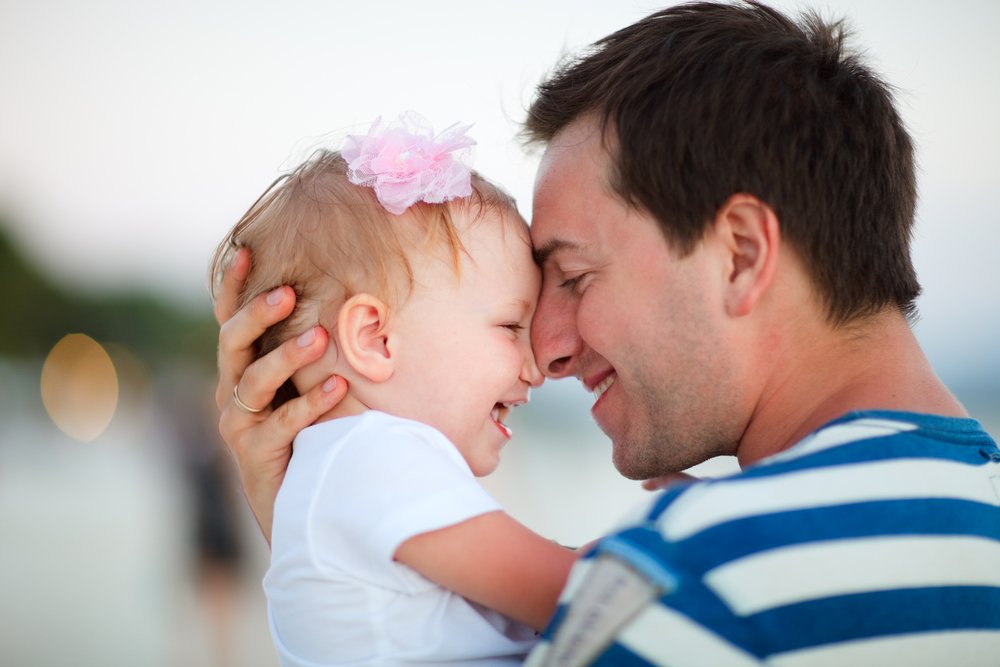Key points:
- Human babies have been biologically programmed to respond to certain nurturing practices which are necessary for healthy brain development.
- Some modern parenting practices such as not breastfeeding and a lack of responsiveness to a baby’s crying can have a negative impact on brain development.
- Some past parenting practices that have been abandoned, such as breast-feeding, responsivity, touch, and play are essential for children’s healthy brain development.
- Modern cultural beliefs and ill-advised parenting practices must often be abandoned as they may negatively impact children’s brain development and emotional well-being.
Change is in our nature! We live in a world that is constantly changing, where we have learned to adapt to new situations and environments. As we discover and experience new things, our parenting practices and cultural beliefs change with us.
Experience has taught us that some old-fashioned social or parenting practices are not good for us, so we strive to change them entirely. But, what about questions we haven’t been able to answer yet? Or wrong knowledge that we thought was right? New research found that some past parenting practices and cultural beliefs were actually pretty good, and should not be abandoned, since they are necessary for a healthy brain development.
Human babies are born with needs, as their brains haven’t fully developed yet. Darcia Narvaez, a professor of psychology who specializes in morality and brain development, says that ancestral early parenting involved breast-feeding, responsivity, touch, play, and natural childbirth. Studies have found that all of these nurturing practices have a positive impact on a child’s developing brain. For instance, breastfeeding provides nutrients and helps create bonding between mother and baby. Play is an essential form of learning and expressing in children that helps babies develop both social skills and self-control. And touch, as a form of language, affects empathy and self-control. The problem is that we have abandoned some of these parenting practices, since our cultural or contemporary beliefs have changed, and so, our behavior towards children has changed too.
According to Narvaez modern parenting and “ill-advised practices and beliefs, such as the use of infant formula or the isolation of toddlers”, may have a negative impact on a child’s brain development. Nowadays, fewer moms are choosing to breastfeed, children are not allowed to play that much, and babies now spend more time in strollers or car seats than being held by their parents. Our behaviors have been shaped by cultural beliefs such as “don’t respond promptly to a baby’s crying, as it may spoil him” when, in fact, this belief is not true. Responsiveness matters in early life experiences, as it may determine your child’s future social skills, attachment style, and emotional well-being. We now know that denying a response to a baby’s crying may have long-term consequences, and negatively affect his or her emotional well-being.
Change is inevitable! Nevertheless, we may still keep some of our most valuable past parenting practices. Babies need responsive and nurturing parents for their healthy development and emotional well-being. Research has linked some modern parenting practices, such as a lack of both breastfeeding and responsiveness, to negative impact on brain development. We have seen a rise in depression, anxiety, and aggressive behavior among children and adults. If we want a better future for our generations, we’ll have to follow some of our ancestral parenting practices, since they are a part of the developmental niche for young children.









One Response
thank you